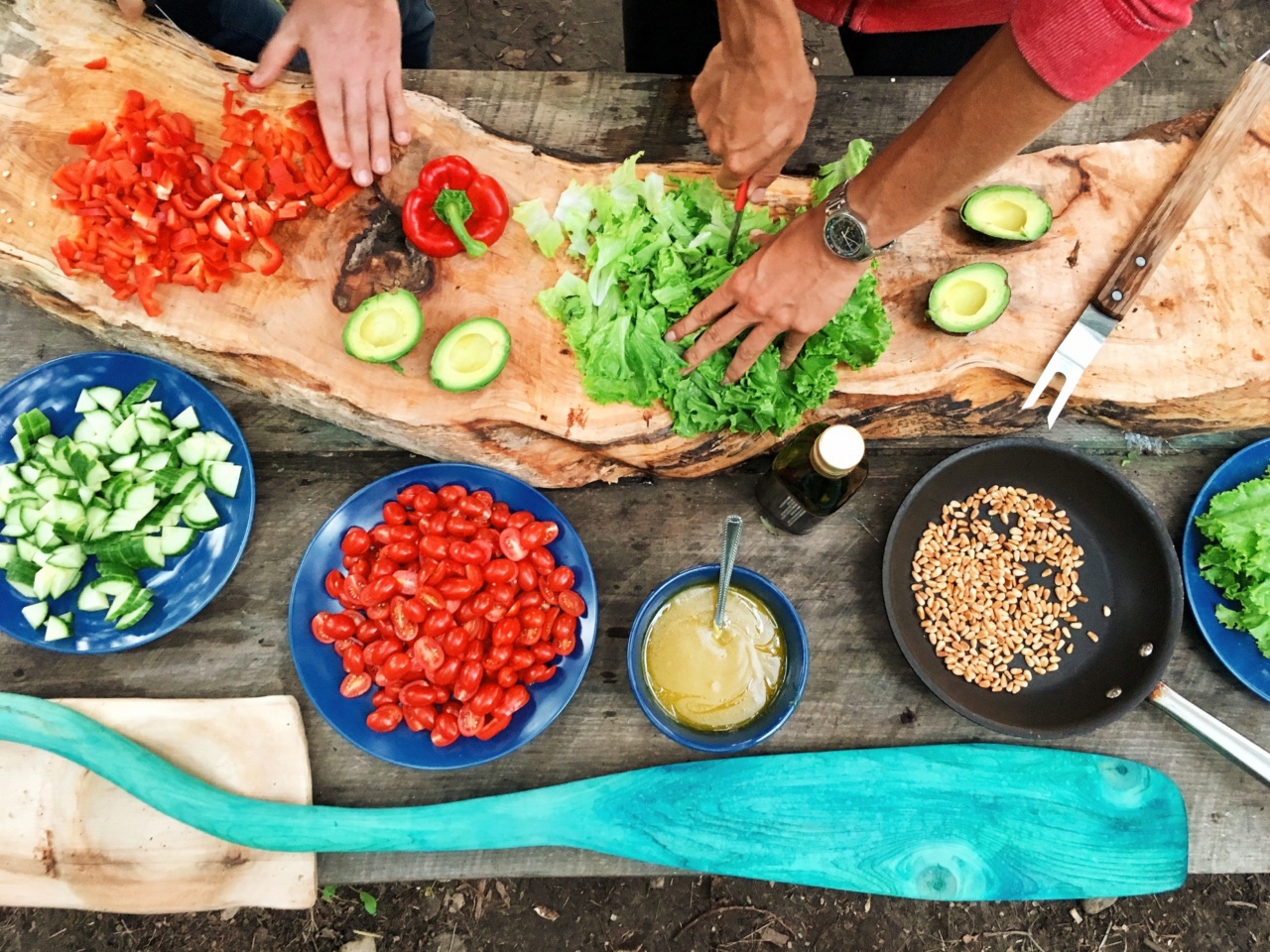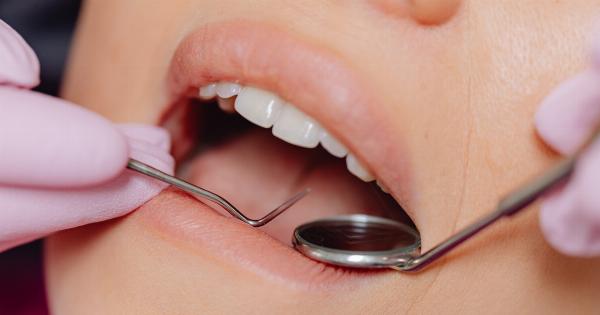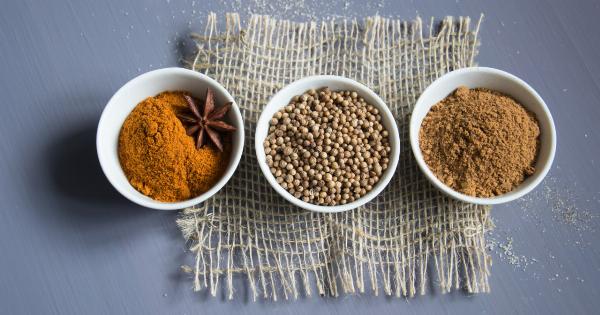Indigestion is a common problem that affects millions of people every day. It can range from mild discomfort to intense pain, and can be caused by a number of different factors, including stress, anxiety, and certain foods.
In this article, we will explore the top 5 indigestion-causing foods, and offer some tips on how to avoid them.
1. Spicy foods
Spicy foods are a common culprit when it comes to indigestion. The capsaicin in spicy foods can irritate the lining of the stomach and cause inflammation, leading to indigestion, heartburn, and reflux.
If you are prone to indigestion, it is best to avoid spicy foods or at least reduce your intake.
2. Fatty foods
Fatty foods can also cause indigestion, especially if you eat too much of them at once. Fat takes longer to digest than other foods, which can lead to feelings of fullness and discomfort.
In addition, fatty foods can relax the lower esophageal sphincter, allowing stomach acid to enter the esophagus and cause heartburn.
3. Acidic foods
Acidic foods can also cause indigestion, as they can irritate the lining of the stomach and cause inflammation. Common acidic foods include citrus fruits, tomatoes, and vinegar.
If you are prone to indigestion, it is best to limit your intake of acidic foods or avoid them altogether.
4. Caffeinated beverages
Caffeinated beverages, such as coffee and tea, can also cause indigestion, especially if you drink too much of them. Caffeine can relax the lower esophageal sphincter, allowing stomach acid to enter the esophagus and cause heartburn.
In addition, caffeine can stimulate the production of stomach acid, leading to indigestion and reflux.
5. Carbonated beverages
Carbonated beverages, such as soda and sparkling water, can also cause indigestion. The bubbles in these drinks can create gas in the stomach, leading to feelings of bloating and discomfort.
In addition, carbonated beverages can relax the lower esophageal sphincter, allowing stomach acid to enter the esophagus and cause heartburn.
Conclusion
If you are prone to indigestion, it is best to avoid or limit your intake of the above-mentioned foods and beverages. In addition, it is important to eat slowly, chew your food thoroughly, and avoid lying down immediately after eating.
If you continue to experience indigestion despite these measures, it is important to consult with your healthcare provider.



























